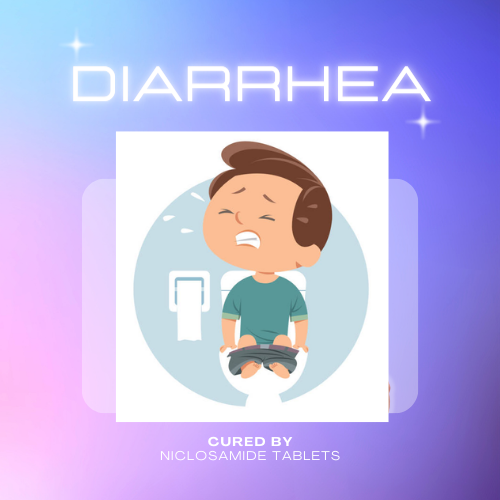Diarrhea is a common yet uncomfortable condition that affects people of all ages. It can be caused by various factors, including infections, certain foods, medications, and underlying health conditions. While most cases of diarrhea resolve on their own within a few days, severe or prolonged diarrhea may require treatment. Here, we explore different types of medications available to manage diarrhea, their uses, and how they work.
Over-the-Counter (OTC) Medications
-
Loperamide (Imodium)
-
Uses: Loperamide is commonly used to treat acute diarrhea and chronic diarrhea associated with conditions like inflammatory bowel disease.
-
How It Works: Loperamide slows down gut movement, allowing more water to be absorbed from the stools, which makes them firmer and less frequent.
-
-
Bismuth Subsalicylate (Pepto-Bismol, Kaopectate)
-
Uses: This medication is used for treating diarrhea, as well as nausea, heartburn, and upset stomach.
-
How It Works: Bismuth subsalicylate has antimicrobial properties and also reduces inflammation in the gut. It helps to protect the stomach lining and reduce the frequency of stools.
-
Prescription Medications
-
Antibiotics
-
Uses: Antibiotics are prescribed when diarrhea is caused by bacterial infections such as traveler’s diarrhea, Clostridioides difficile (C. diff), or other bacterial pathogens.
-
Common Options: Metronidazole, ciprofloxacin, and azithromycin 500 mg are frequently used antibiotics for treating bacterial diarrhea.
-
How They Work: Antibiotics work by killing the bacteria causing the infection, thereby reducing symptoms and shortening the duration of the illness.
-
-
Antiparasitic Medications
-
Uses: These are used to treat diarrhea caused by parasitic infections, such as giardiasis or amoebiasis.
-
Common Options: Medications like metronidazole, tinidazole, and nitazoxanide 500 mg are effective against parasitic infections.
-
How They Work: These drugs target and eliminate the parasites causing the infection, relieving symptoms and curing the condition.
-
Natural and Home Remedies
-
Oral Rehydration Solutions (ORS)
-
Uses: ORS is crucial for preventing dehydration caused by diarrhea, especially in children and the elderly.
-
How It Works: ORS contains a balanced mix of salts and sugars that help the body absorb fluids more effectively.
-
-
Probiotics
-
Uses: Probiotics can help restore the natural balance of gut bacteria, which may be disrupted by diarrhea.
-
Common Sources: Yogurt, kefir, goat milk formula, and probiotic supplements contain beneficial bacteria that support gut health..
-
How They Work: Probiotics introduce healthy bacteria into the gut, which can help reduce the duration and severity of diarrhea.
-
When to See a Doctor
While many cases of diarrhea can be managed at home, it is essential to seek medical attention if you experience any of the following:
-
Severe abdominal pain
-
High fever
-
Blood in the stools
-
Signs of dehydration (dry mouth, decreased urination, dizziness)
-
Diarrhea lasting more than three days
Conclusion
Diarrhea can be an uncomfortable and inconvenient condition, but with the right medications and treatments, it can be managed effectively. Over-the-counter options like loperamide and bismuth subsalicylate offer quick relief, while prescription antibiotics and antiparasitic medications tackle more severe infections. Natural remedies and proper hydration are also vital in supporting recovery. Always consult a healthcare professional for persistent or severe symptoms to ensure appropriate treatment and care.

